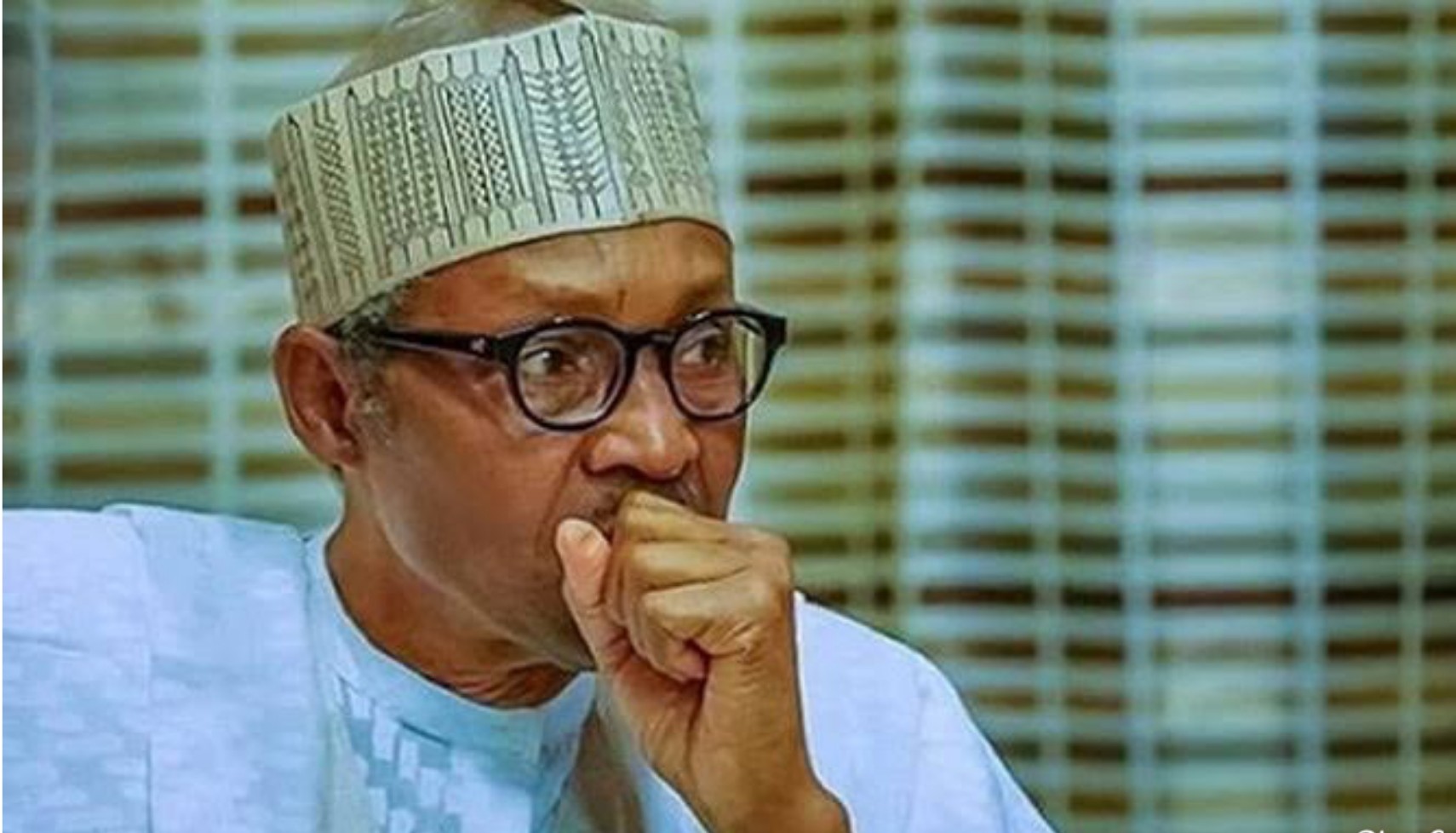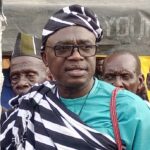“The trouble with the rat race is that even if you win, you are still a rat”. – Lily Tomlin
In governance and leadership positions, bad things happen when you do not fix what is wrong.
There are reasons problems do not get fixed until they become disasters.
- Fake degrees, almajiri and Nigeria’s underdevelopment
- Court sentences fake DSS operative to 12 years in jail for impersonation, N1.85m fraud
Those who should fix them may not know that some things need fixing.
Plain ignorance or inadequate exposure to the way problems are identified and fixed are responsible for this.
Another reason is unwillingness to fix problems.
This is a function of an understanding that problems represent advantages and opportunities when they are not fixed.
Another reason is inability to fix problems.
This is to do with lack of capacity to fix an obvious problem until it grows into a disaster.
Finally, there is simple, old-fashioned indifference.
This is a combination of contempt for consequences of inaction and failure to recognise the imperatives of fixing problems.
The seeming mess involving Ibrahim Magu’s current circumstances provide an interesting study into how and why things will go wrong under the administration of President Buhari.
Out of deference to the process that should establish guilt or otherwise of Magu, it is important to limit temptations to hang him higher that his traducers are taking him.
At this stage, it is safe to say that Magu merely represents a symbol of a very deep malaise which has been a key part of the DNA of the Buhari administration.
The basic character and structure of this is made up of a president whose basic conception of leadership is to let a few trusted people do most of his work the way they think he wants it done, and he retreats to being president while they wield his power, most times against each other.
These elements form powerful groups or factions which carve areas of influence, growing on the vacuum allowed by a remote president.
In most instances, they fight each other over spoils of a closed system with virtually no mediation.
No part of this structure is neutral, and power flows and ebbs largely on the basis of who can demonstrate access to, and support of the president.
There are fixed power points in this structure, but they operate at a position substantially outside the basic structure.
They are, nonetheless, extremely powerful in determining friends and enemies and keeping boundaries fixed.
The entire structure creates near-perfect settings for abuse, inefficiencies that are tolerated and grow bigger, opacity and loss of control over systems, structures and processes.
These are the contexts that inform the basic failures that have produced the Magu embarassment.
Let’s look at this from the prisms of decision-making.
President Buhari wins an election substantially because he had an image for not being corrupt and promising to fight corruption.
Magu comes to him recommended as the man to help him head the premier anti corruption agency.
It is possible that even Magu’s nomination to the president had some dust from skirmishes over candidates of different factions which were already in place.
In any case, he was recommended to the 8th Senate for clearance by the president, who might have needed to consult powerful insiders like the former DG of the DSS before doing this, but a president who knows his powers will consider this a disposable luxury.
When asked by the senate to screen Magu, the DSS advised against clearing him, reportedly giving strong, damning reasons.
This is where other leaders will be strong and decisive.
If your own security outfit says do not appoint, you need to show due deference to its mandate and professionalism, unless other interests have one of your ears whispering that you should ignore advice from a powerful outfit under you like the DSS.
President Buhari had a number of other choices here.
He could have replaced Magu with another nominee.
He could have stood his ground against the DSS if Magu was really worth it, and persuaded the agency not to oppose his clearance again.
He could even have undertaken a major investigation into why his nominee for a very sensitive post was shot down by his own agency.
If what DSS said was correct, his continuation in the police under a corruption-fighting administration would even have been untenable.
If the DSS had motives other than a desire to prevent the wrong person become Chairman of EFCC, another leader would insist on establishing this and taking appropriate action.
He could even have prevailed on Saraki and his colleagues to treat the DSS report as fictional mischief, but he was in the trenches attempting to strangle Saraki.
It is possible that the president did not know he had many options; or that camps had already taken control of his presidency; or that it was not a problem when his troops were shooting at each other; or, indeed, that it was not worth his bother.
So he kept Magu, as an unconfirmed chairman of a very important agency in a country with at least 50,000 people who could do the job well.
But Magu had been wounded and would always know he had enemies lurking, so he had to fortify himself with allies and spoils.
When the president sent Magu’s name to the senate for the second time, no one would have had cause to believe that he had not done his homework.
Even if the nation did not hear of it, it was expected that the president had sorted out whatever it was that was behind the indicting recommendation of the DSS: an error or mischief which had been rectified or punished.
Apparently, as it turned out, the president had done nothing.
The DSS insisted that Mr Magu was unfit to hold public office, again.
For the second time, the president’s nominee for a very sensitive post at the heart of his credibility collapsed under unfriendly fire from his own side.
At this stage, most presidents will replace Magu with another nominee.
Our President Buhari went the other way.
He ignored grey areas in law, principles governing public office and even morality in allowing Magu to continue to superintend a very sensitive agency.
If Magu thought he could get away with just about anything, who should blame him?
If the faction that produced him, protected him and kept him safe and sound against the other side, why should he fear?
If Magu read his mandate in its widest form, and literally designed his modus operandi as an untouchable …, who should blame him?
Who was he accountable to? The president.
How was he to account?
Through offices that had themselves been part of the bitter factional warfare since appointed people (and others who were too powerful to be appointed) close to Buhari knew about the gaps around him.
Magu was not entirely alone.
Powerful people had his back, and they kept him in place for five years.
If this nation has stomach for shocks and disappointments regarding the stewardship of President Buhari, it should not waste it on the outpouring of outrageous revelations that will spill out of the investigations of Magu.
There will be enough in asking why a public officer will exercise massive powers in a very sensitive position for five years in an acting capacity, even when he was adjudged a major liability by a government agency and rejected by the senate?
There will be more in asking why all the allegations and investigations of Magu took over a year, his reported transgressions went on for years, reports of abuse, impropriety, highhandedness, favouritism, manipulation of the public media to get dubious outcomes, insubordination, corruption and possibly more that will be revealed, have taken this long to get the president to react.
If the nation’s capacity to be astounded by failures and limitations of this administration still has some room, it should be prepared to know that the disposition, the forces and the weaknesses that created and sustained Magu will be in place long after he takes a few big names down with him.
Indeed, given the manner all sorts of terms are being given to the circumstances surrounding his current status and the long knives being sharpened for a bruising battle on both sides, it will be unwise to write off Magu entirely.
Magu could be sacrificed, but there will be many more skeletons in the cupboard; service chiefs, ministers and heads of agencies of government running around with stinking allegations around their necks.
Someone once said if something is designed to go wrong, it will.
There are ways to identify inevitability. President Buhari’s administration does not make it a difficult job to do.

 Join Daily Trust WhatsApp Community For Quick Access To News and Happenings Around You.
Join Daily Trust WhatsApp Community For Quick Access To News and Happenings Around You.


